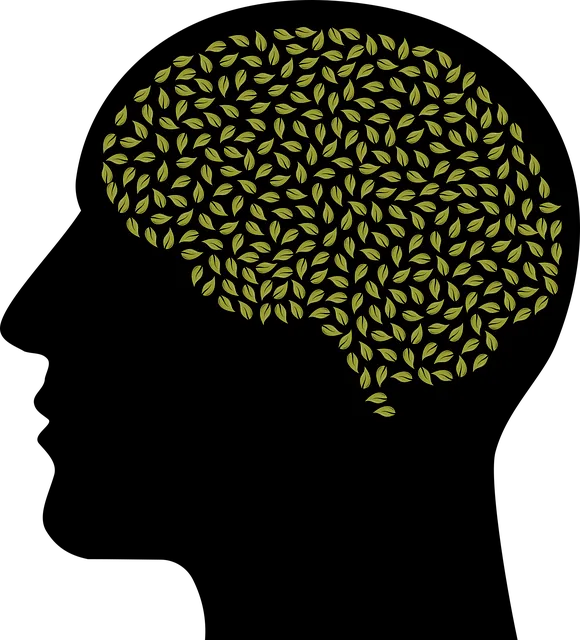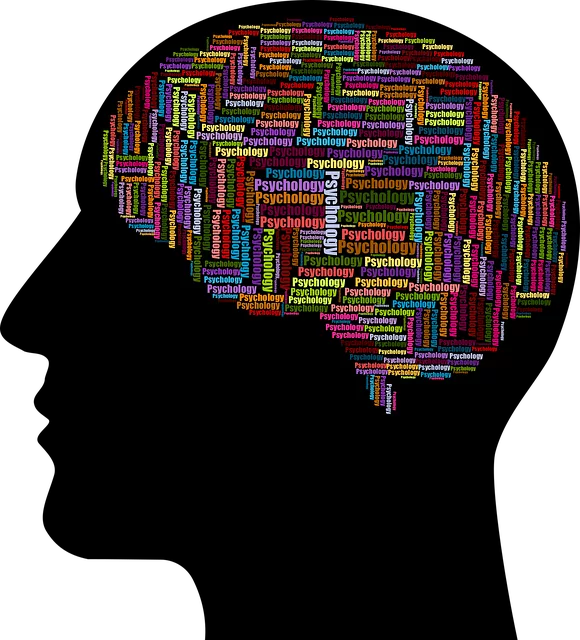In today's digital age, social skills training is crucial for mental wellness, especially for those with conditions that impact interactions. Kaiser offers a comprehensive approach to superior mental health care, integrating social skills development, coping strategy training, and stigma reduction through various programs like podcasts, coaching, role-playing, group therapy, Trauma Support Services, mentoring, and peer groups. This holistic model aims to empower individuals, build confidence in social situations, and create inclusive communities for improved overall well-being.
Social skills training is a powerful tool for managing mental health conditions. This comprehensive guide explores the intricate link between social interaction and mental well-being, delving into specific challenges faced by individuals with various conditions. We offer practical strategies to develop and enhance social skills, empowering readers to navigate social situations with confidence. Discover how Kaiser’s resources provide superior mental health support, offering a holistic approach to healing.
- Understanding the Link Between Social Skills and Mental Health
- Identifying Challenges in Social Interaction for Individuals with Mental Health Conditions
- Strategies for Developing and Enhancing Social Skills
- Accessing Kaiser's Resources for Comprehensive Mental Health Support
Understanding the Link Between Social Skills and Mental Health

In today’s digital era, where connections are often virtual, fostering mental wellness involves a holistic approach—and that includes nurturing social skills. Many mental health conditions can impact an individual’s ability to interact with others, leading to feelings of isolation and exacerbating existing symptoms. Understanding this link is crucial in navigating how to get mental health help through Kaiser or other healthcare providers. Social skills training recognizes the interplay between effective communication, healthy relationships, and improved mental wellness.
The Mental Wellness Podcast Series Production highlights successful strategies for enhancing social interactions, while Conflict Resolution Techniques offer valuable tools to navigate challenging situations. Moreover, development of Mental Wellness Coaching Programs equips individuals with the confidence to build and maintain supportive networks. By integrating these approaches, individuals can experience a transformation in their social dynamics, contributing positively to their overall mental health journey.
Identifying Challenges in Social Interaction for Individuals with Mental Health Conditions

Many individuals with mental health conditions face unique challenges when it comes to social interactions due to the nature of their illness and the associated stigma. According to Kaiser, superior how to get mental health help involves recognizing these barriers to foster effective communication and support. One significant hurdle is the internalized or external stigma attached to mental illness, which can make individuals feel isolated and ashamed, hindering their willingness to engage in social activities.
Additionally, trauma support services are often necessary for those with a history of traumatic events, as they may struggle to trust others or experience heightened anxiety in social settings. The development of coping skills is essential in navigating these challenges. Mental illness stigma reduction efforts play a crucial role in creating inclusive environments, encouraging open conversations about mental health, and promoting understanding among peers, thereby improving the overall quality of life for those affected.
Strategies for Developing and Enhancing Social Skills

Developing and enhancing social skills is a significant aspect of managing mental health conditions, as it empowers individuals to navigate social interactions with confidence and resilience. At Kaiser, we understand that superior how to get mental health help goes beyond traditional therapy. Our comprehensive approach includes strategies tailored to each individual’s unique needs. One effective method is role-playing, where clients practice specific social scenarios in a safe environment, helping them build confidence and refine their communication skills.
Additionally, group therapy sessions facilitate Mental Health Awareness by providing a supportive network of peers who share similar experiences. Through active participation and listening to others’ stories, individuals gain valuable insights and learn adaptive coping mechanisms. Trauma Support Services are also integral to this process, offering specialized techniques for processing traumatic memories while fostering healthy social connections. Mentoring programs and peer support groups further enhance Mental Wellness by pairing individuals with experienced guides who can offer practical advice and emotional backing.
Accessing Kaiser's Resources for Comprehensive Mental Health Support

At Kaiser, individuals seeking superior how to get mental health help can access a comprehensive array of resources designed to support holistic well-being. The organization offers a multi-faceted approach to mental healthcare, encompassing various services such as therapy sessions, counseling programs, and peer support groups tailored to address specific conditions like anxiety relief. In addition, Kaiser’s dedicated teams of mental health professionals are equipped with the latest evidence-based practices, ensuring patients receive the most effective treatments available.
Beyond direct care, Kaiser facilitates mental health policy analysis and advocacy, playing a pivotal role in shaping community resources and promoting burnout prevention strategies for healthcare providers. By integrating these initiatives, Kaiser strives to create an inclusive environment that not only treats mental health conditions but also fosters resilience and long-term recovery, enabling individuals to navigate life’s challenges with enhanced coping mechanisms and improved overall well-being.
Social skills training plays a pivotal role in supporting individuals with mental health conditions. By understanding the connection between social skills and mental well-being, we can identify specific challenges faced by those navigating these issues. Through various strategies, such as role-playing and cognitive-behavioral techniques, individuals can learn and practice essential social skills. Kaiser’s comprehensive resources offer a superior way to access mental health help, providing tailored support for improving social interactions and overall mental health outcomes.



